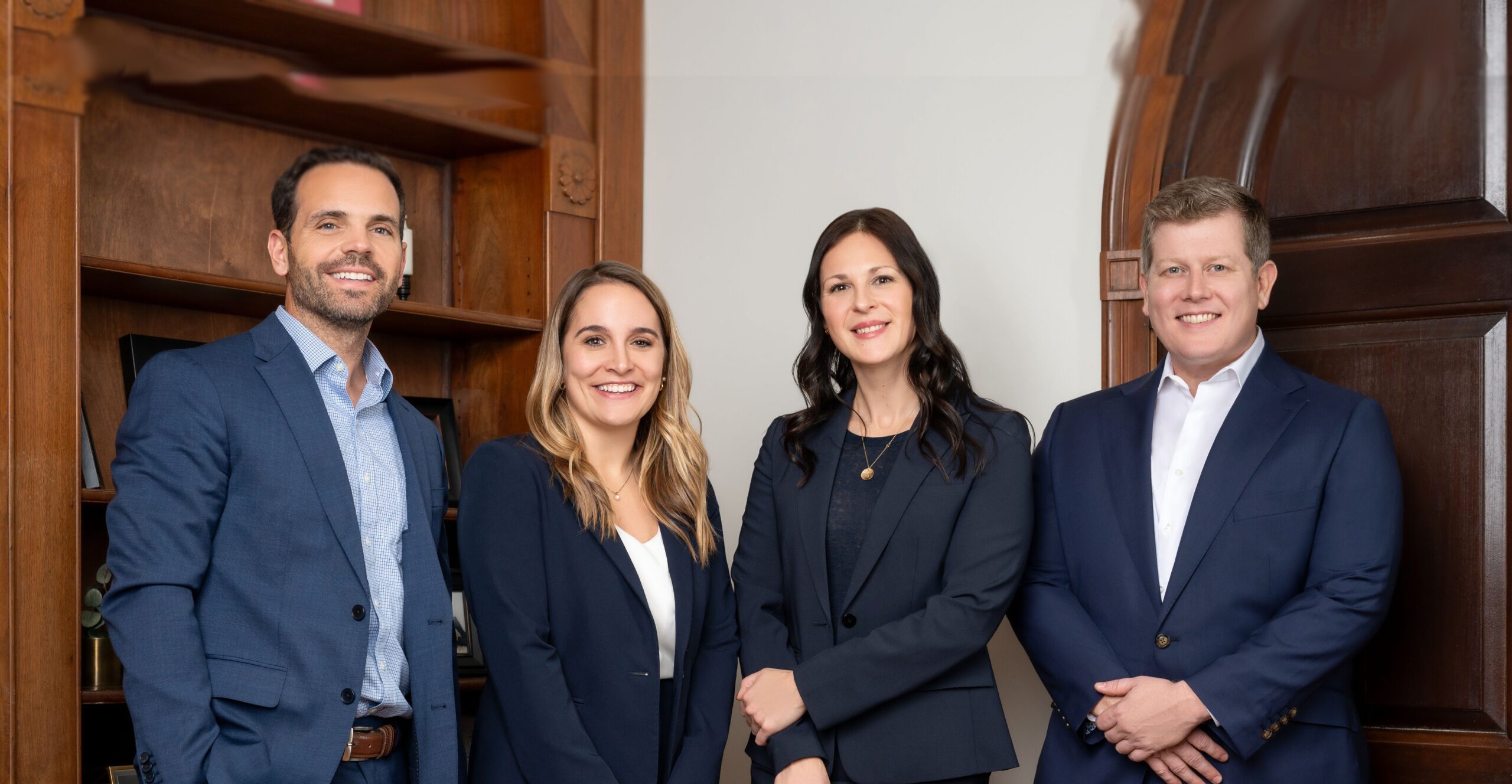In recent times, the availability of at-home rape kits has sparked debates and concerns within the realm of sexual assault prevention and investigation. While these kits aim to empower survivors and facilitate evidence collection, inherent dangers must be carefully examined.
Understanding At-Home Rape Kits:
At-home rape kits, designed to enable individuals to collect their evidence in the privacy of their homes, have garnered attention for their convenience. These kits typically include swabs, containers, and instructions for DNA collection, aiming to preserve potential evidence from the alleged assault. The survivor collects all the evidence, packages it up, and sends it to a laboratory for processing. Test results can take up to 8 weeks. Proponents argue that such kits can be a resource for survivors who may be reluctant to seek medical attention or involve law enforcement immediately. At-home kit costs start at $29.99, whereas official forensic exams are provided at no cost to all eligible survivors. The selling of at-home kits appears to be an attempt to take advantage of survivors during one of the most traumatic experiences of their lives.
The Potential Dangers of At-Home Rape Kits:
Chain of Custody Concerns:
One of the primary concerns with at-home rape kits is the break in the chain of custody. Proper handling and documentation of evidence are crucial in legal proceedings. Therefore, at-home evidence collection will potentially impact the admissibility of evidence in court.
Lack of Medical Examination:
At-home kits lack the comprehensive medical examination that survivors receive at a professional facility. A medical exam not only addresses potential injuries but also provides crucial support services, such as emergency contraception and testing for sexually transmitted infections. Without this professional assessment, survivors may miss out on critical healthcare interventions.
Emotional Impact on Survivors:
Collecting evidence at home can be emotionally challenging for survivors. Revisiting traumatic experiences in a solo environment without the support of trained professionals may exacerbate emotional distress. The process may also lack the sensitivity and counseling services victim advocates offer during a forensic examination.
Accuracy and Reliability:
Concerns about the accuracy and reliability of evidence collected through at-home kits have been raised. Improper collection or handling may compromise the integrity of DNA samples, potentially affecting the credibility of the evidence in legal proceedings.
Legal Implications:
The use of at-home rape kits may have legal implications, as the admissibility of self-collected evidence in court can vary. Jurisdictions may have different standards for accepting such evidence, leading to uncertainties in the legal process.
Victim Advocacy Groups Response:
The Pennsylvania Coalition to Advance Respect. PCAR does not support the use of at-home rape kits following a sexual assault. National District Attorneys Association (NDAA) characterized victim-collected evidence as having “little chance of admissibility in a court of law.” They noted that the use of these kits may not only “prevent prosecutors from holding offenders accountable” but “exacerbate revictimization for those who turn to the criminal justice system.
RAINN, a prominent advocate for survivors, has expressed reservations about at-home rape kits. While recognizing the potential for survivors to take control of their evidence, RAINN emphasizes the importance of a professional medical examination, highlighting the comprehensive care and support that survivors receive in a healthcare setting. RAINN encourages survivors to seek immediate medical attention. Victims should engage with law enforcement, stressing the significance of preserving evidence under the guidance of trained professionals.
As the discourse around at-home rape kits continues, the response from organizations like RAINN underscores the need for a comprehensive, victim-centered approach. Balancing survivor empowerment with the necessity for professional medical care and legal considerations is crucial to ensuring the well-being of survivors and promoting justice. As the conversation evolves, collaboration between advocacy groups, policymakers, and healthcare professionals will be vital in developing solutions that address the complexities surrounding sexual assault cases.
What Should I Do if I Need Help with a Sexual Abuse Case?
Call Andreozzi + Foote at 866-311-8640 for a free, confidential consultation. Our focus is on helping victims of sexual abuse pursue civil cases against the persons that caused the abuse or the organizations that may have been involved or aware of the risks and did nothing to remediate them. We understand how traumatic this is, whether you’re the victim or a family member. That’s why our approach is meant to be holistic and helpful, and we consider confidentiality essential in our work. We want to help you recover damages and find ways to overcome the trauma.


 e-Mail Us Now
e-Mail Us Now
